-
-
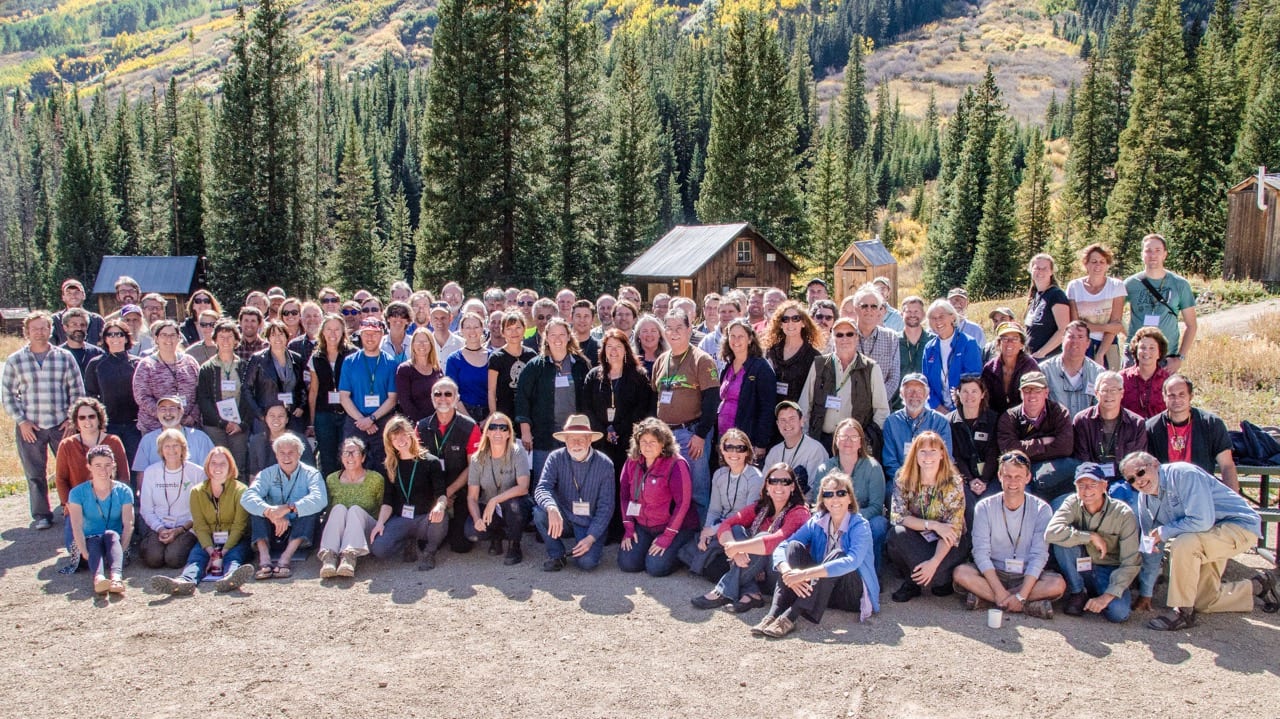
2025 OBFS Annual Meeting
Rocky Mountain Biological Laboratory (RMBL) 8000 County Road 317, Crested Butte, CO, United StatesThe 2025 Annual Meeting will take place from September 15th to 19th at the Rocky Mountain Biological Laboratory in Gothic, Colorado. This year’s theme, Resilience and Adaptation, Fear, and Triumph: A RAFT to Field Station Success in a Turbulent World, will be woven throughout the conference, with engaging plenary speakers, interactive workshops, and vibrant social…
$450 -
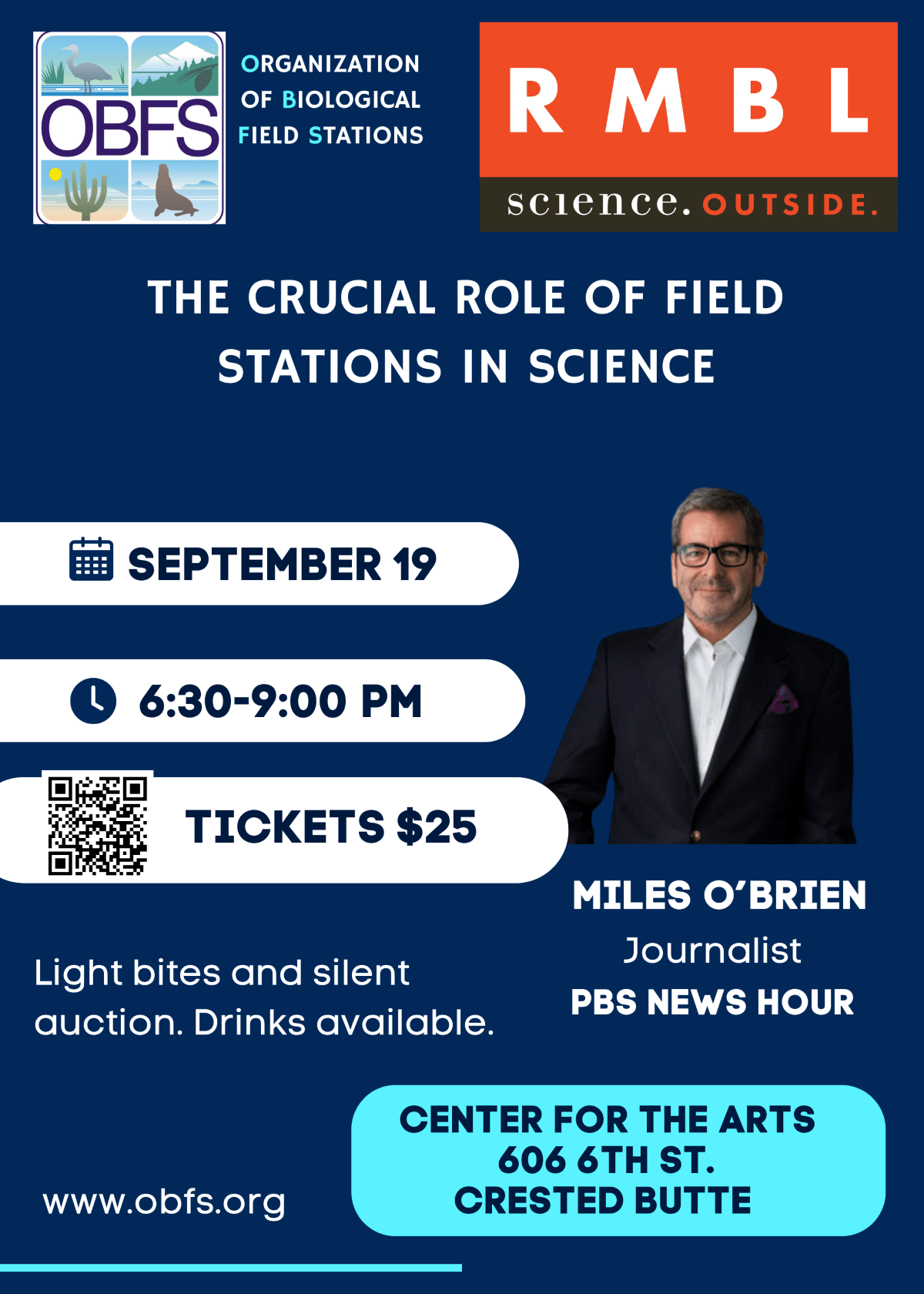
The Crucial Role of Field Stations in Science
Center for the Arts 606 6th Street, Crested Butte, CO, United StatesJoin OBFS for a The Crucial Role of Field Stations in Science, featuring Miles O'Brien, national science correspondent for PBS NewsHour. Each ticket includes light bites, beer and wine, and silent auction. Tickets are now available.
$25 -
-
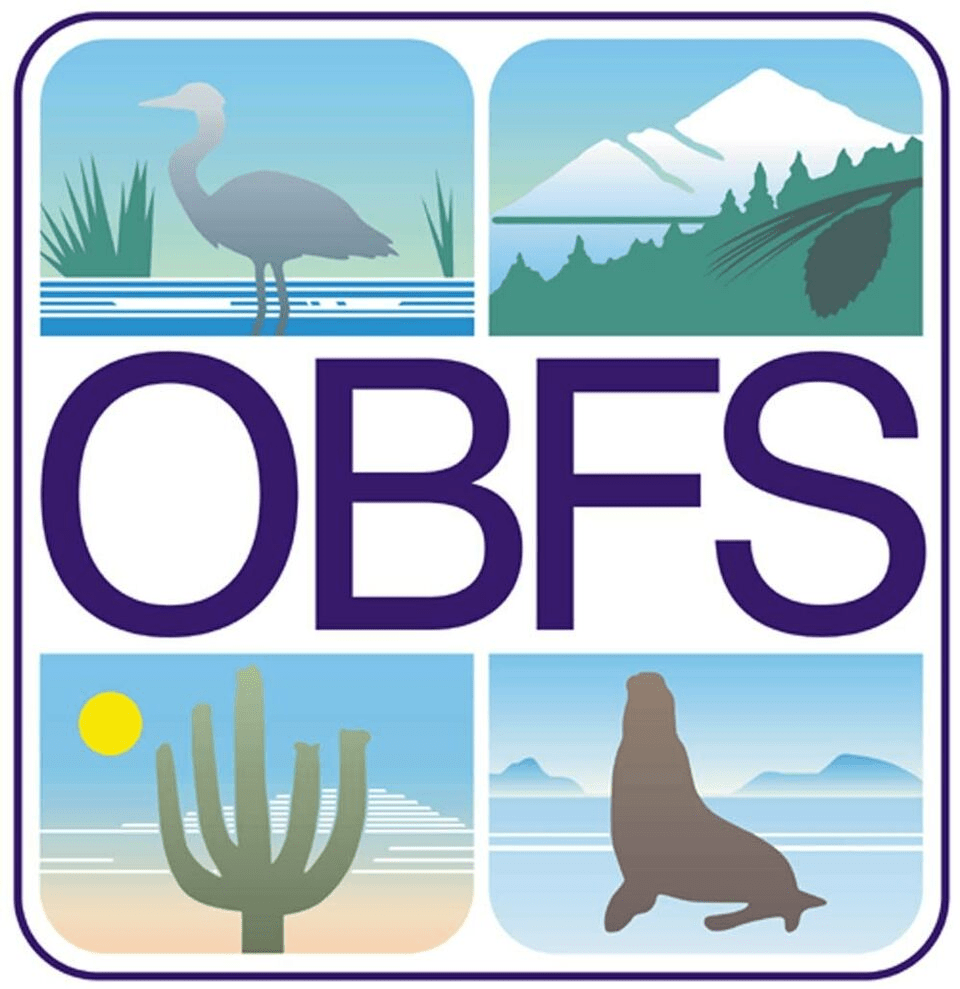
OBFS International Committee Meeting
ZOOM , -1The OBFS International Committee meets every first Friday of the month at 11 a.m. EST We’re excited to have you on the OBFS International Committee! All welcome. Join meeting
-
Living Data 2025: Unified information driving transformation
Bogotá, Colombia Bogotá, ColombiaThe conference will explore cutting-edge approaches to biodiversity data, focusing on four key themes: Open Data, Data Integration, Biodiversity Data Application, and Community Engagement and Capacity Building.
-

The Future of Field Work: The Promise and Perils of Research in the Twenty-First Century
The American Philosophical Society 427 Chestnut Street, Philadelphia, PA, United StatesHybrid EventThursday, October 23, 2025 - Friday, October 24, 2025 is the American Philosophical Society's upcoming conference in Philadelphia, PA (USA) centered around The Future of Field Work. Dr. Jennifer Gee will be representing the Organization of Biological Field Stations to discuss Models of Sustainability with Dr. Nancy Simmons from the American Museum of Natural History who…
Free -

The Climate Toolkit Symposium!
Phipps Conservatory and Botanical Gardens 1 Schenley Drive, PittsburghThe first in-person symposium for members of the Climate Toolkit, presented by Phipps Conservatory and Duke Farms. Since 2020, The Climate Toolkit has served as a network to gather cultural institutions to share, mentor and learn how to address climate change within their institutions and inspire the communities they serve. This fall, the Toolkit is…
$150 -
-

OBFS International Committee Meeting
ZOOM , -1The OBFS International Committee meets every first Friday of the month at 11 a.m. EST We’re excited to have you on the OBFS International Committee! All welcome. Join meeting
-
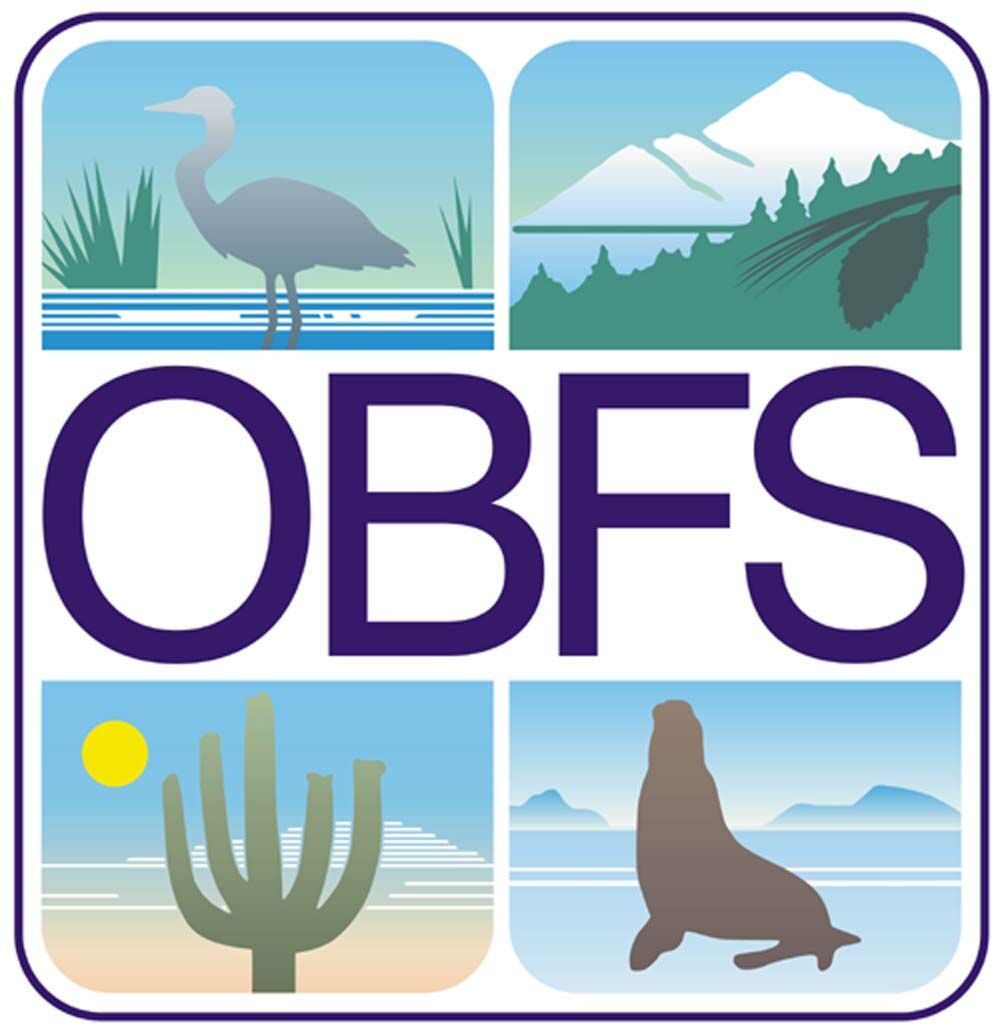
Virtual Café – The Journey of Ian Billick: From Field Biologist to Elected Official
OBFS International Committee Virtual Café is proud to present “The Journey of Ian Billick: From Field Biologist to Elected Official.” Join us on November 12th at 1:00 PM EST as Ian shares his inspiring path from the world of field science to public service, highlighting how his experiences in research and nature continue to shape…
-
-

OBFS International Committee Meeting
ZOOM , -1The OBFS International Committee meets every first Friday of the month at 11 a.m. EST We’re excited to have you on the OBFS International Committee! All welcome. Join meeting
-

OBFS Board Meeting
ZOOM , -1The OBFS Board meets via Zoom every eight weeks through the year. All OBFS members are welcome to attend these meetings! Contact Beth Norman (secretary@obfs.org) for information. Join the meeting: https://us06web.zoom.us/j/86327357115?pwd=rhRWgzxQ2WbUMpVH01IHiq89ZUNzV8.1
-
-

OBFS International Committee Meeting
ZOOM , -1The OBFS International Committee meets every first Friday of the month at 11 a.m. EST We’re excited to have you on the OBFS International Committee! All welcome. Join meeting
-
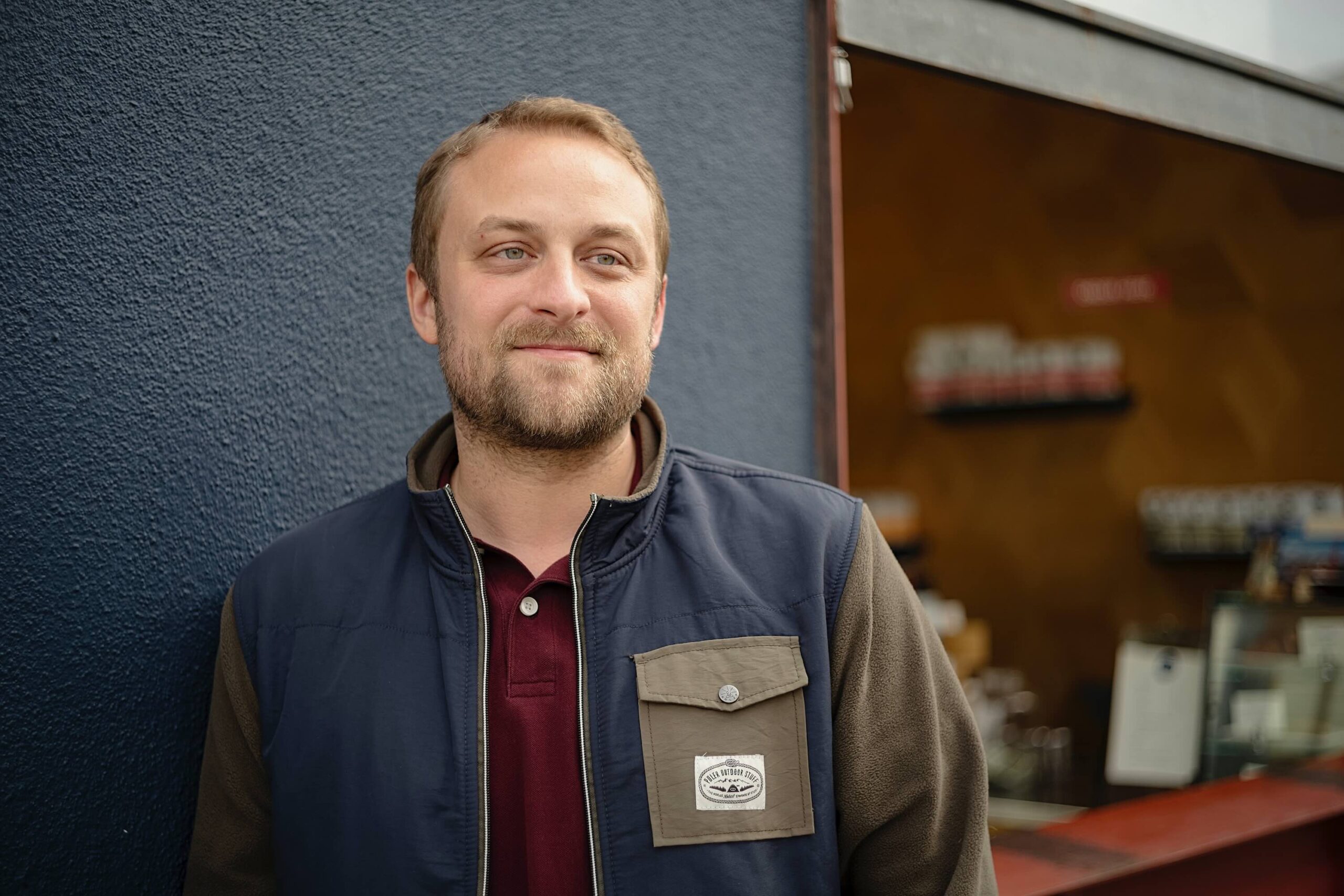
Technology tools for Field Stations and Marine Labs // Herramientas tecnológicas para estaciones de campo y laboratorios marinos
In recent years, technological innovation and applied research has created a suite of new accessible tools for biodiversity and environmental monitoring that could provide a lot of value to the work that takes place in FSMLs. Come learn more about things like abiotic environmental monitoring, acoustics, animal telemetry, camera traps, machine learning/AI, radio networks, eDNA,…
Free
12 events found.
